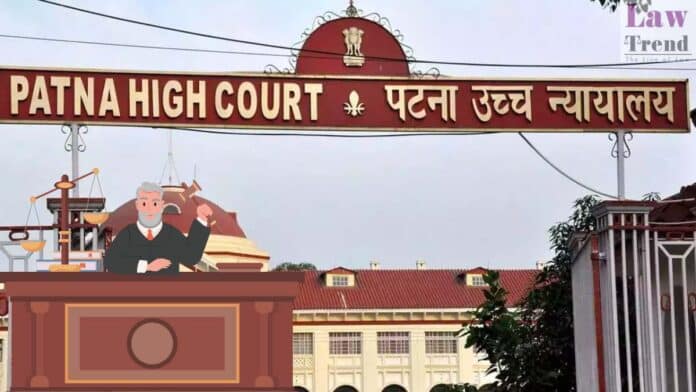In a significant ruling, the Patna High Court emphasized that when defendants in a partition suit create third-party interests by selling property during litigation, the subsequent purchasers must be made parties to the case to avoid unnecessary complexity and further litigation. The judgment was delivered by Justice Arun Kumar Jha in Civil Miscellaneous Jurisdiction No.
To Read More Please Subscribe to VIP Membership for Unlimited Access to All the Articles, Download Available Copies of Judgments/Order, Acess to Central/State Bare Acts, Advertisement Free Content, Access to More than 4000 Legal Drafts( Readymade Editable Formats of Suits, Petitions, Writs, Legal Notices, Divorce Petitions, 138 Notices, Bail Applications etc.) in Hindi and English.




